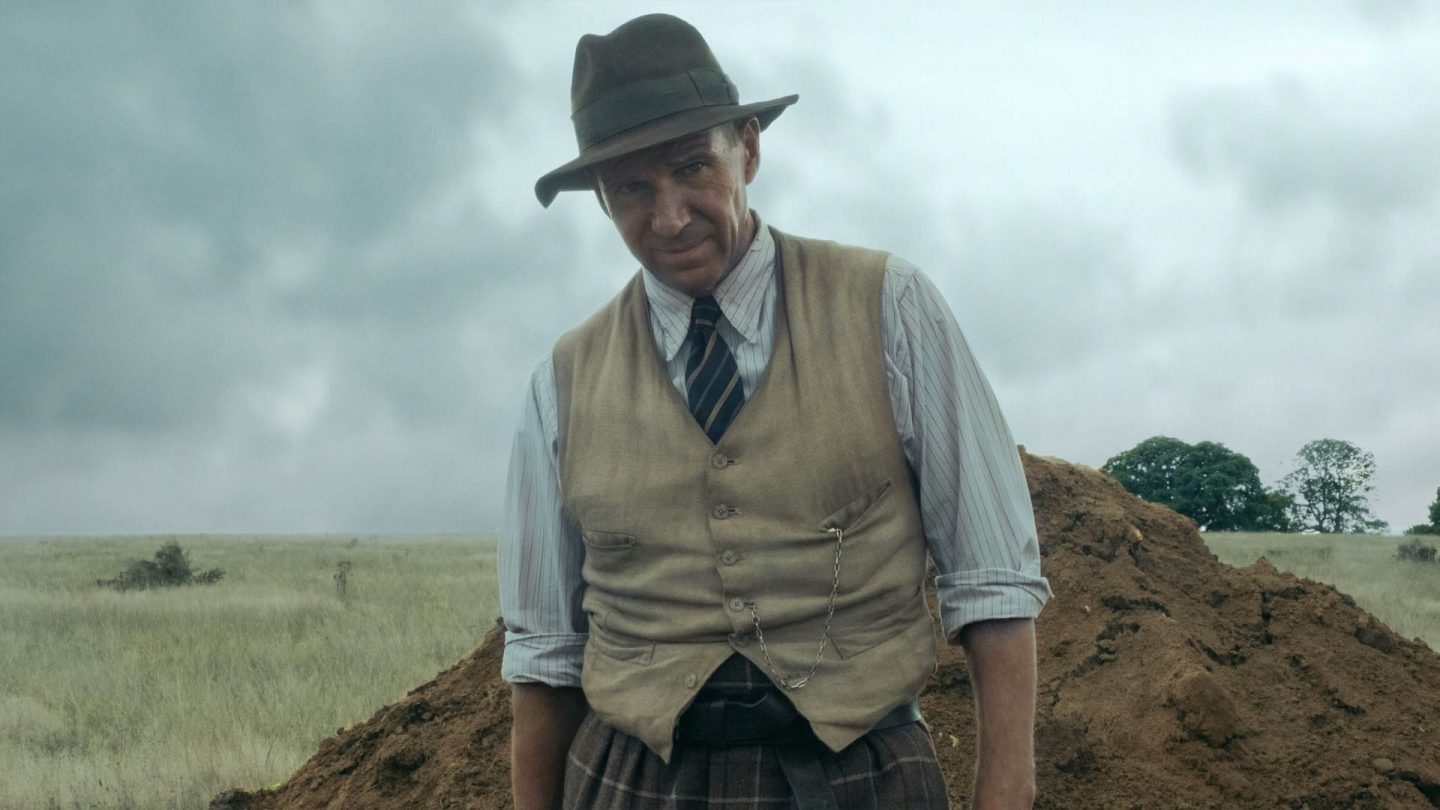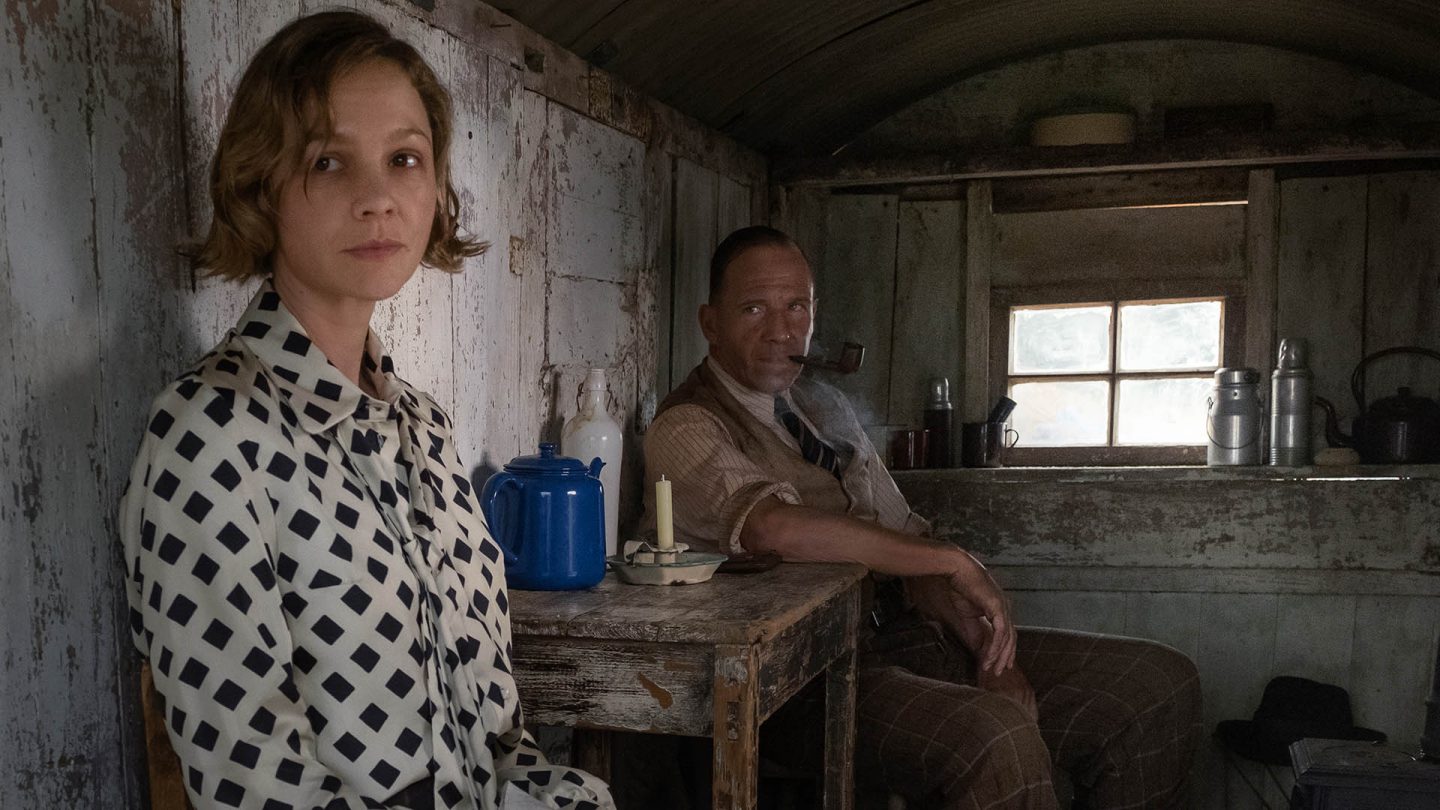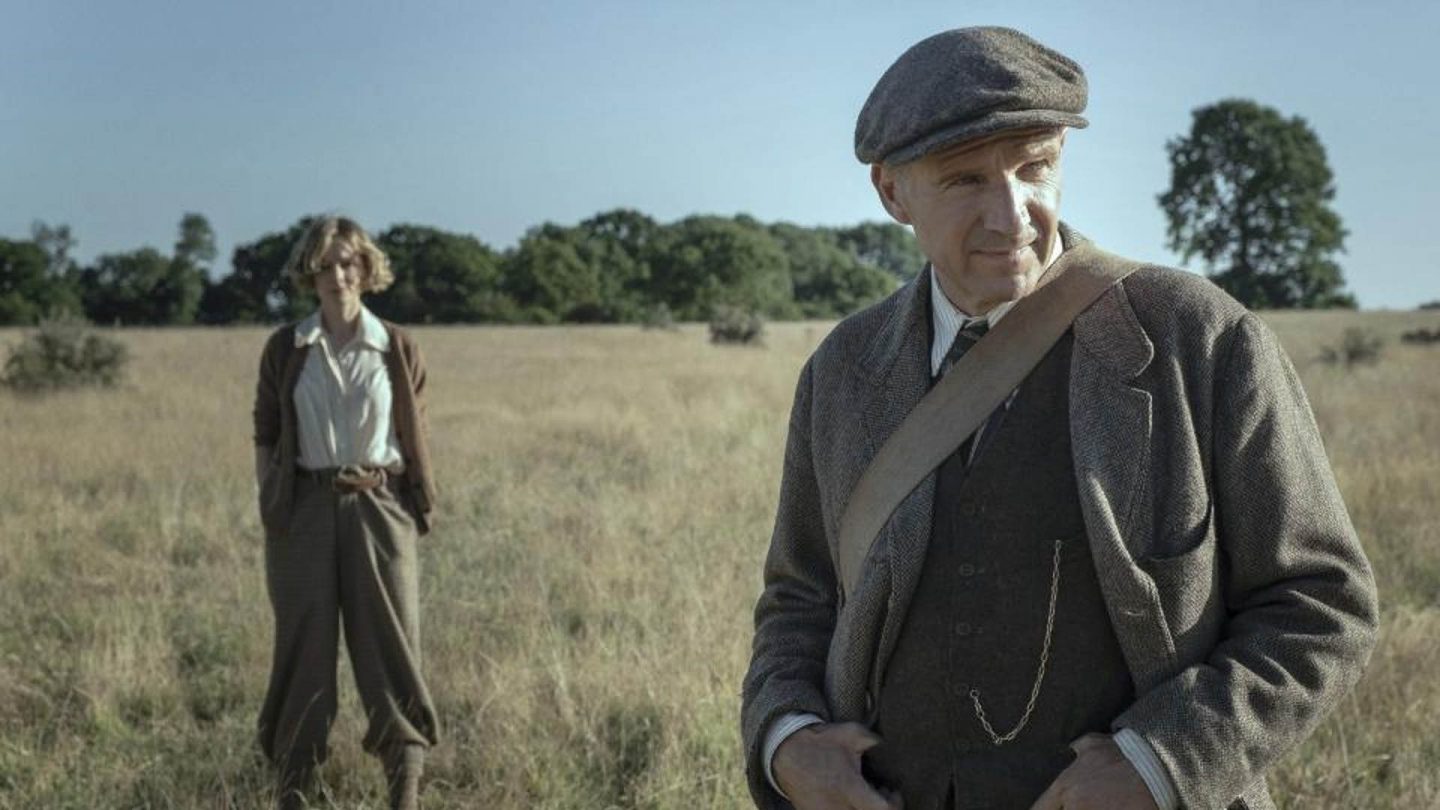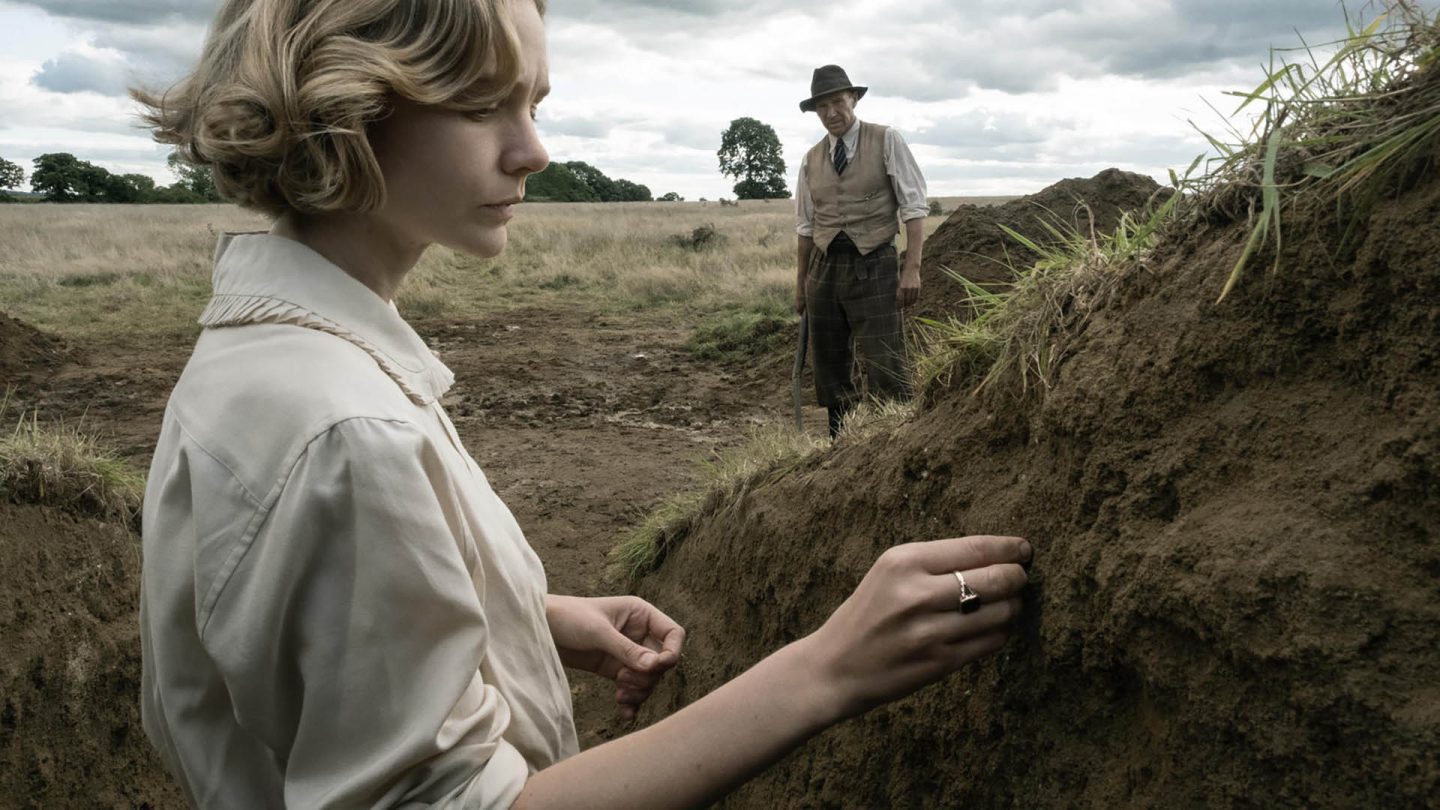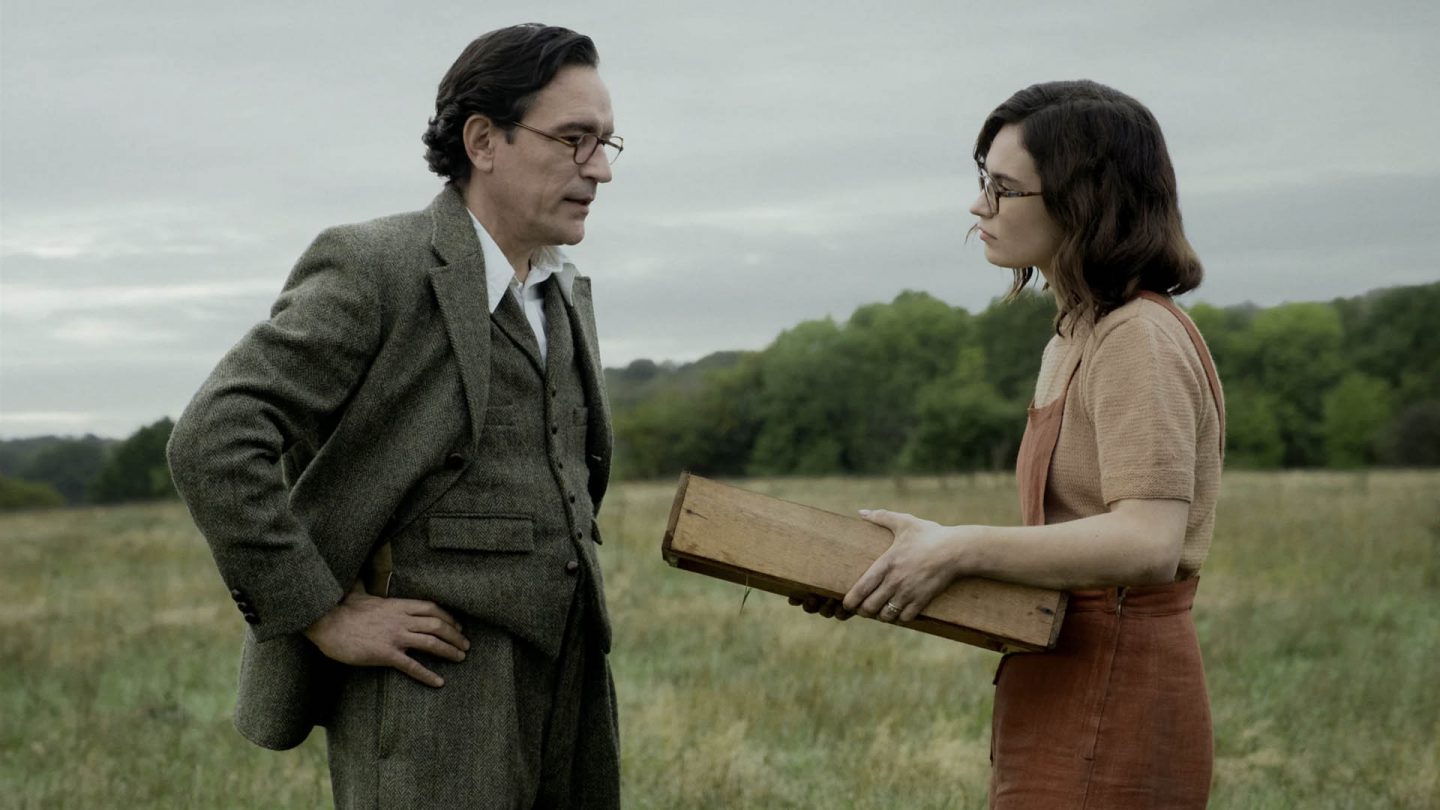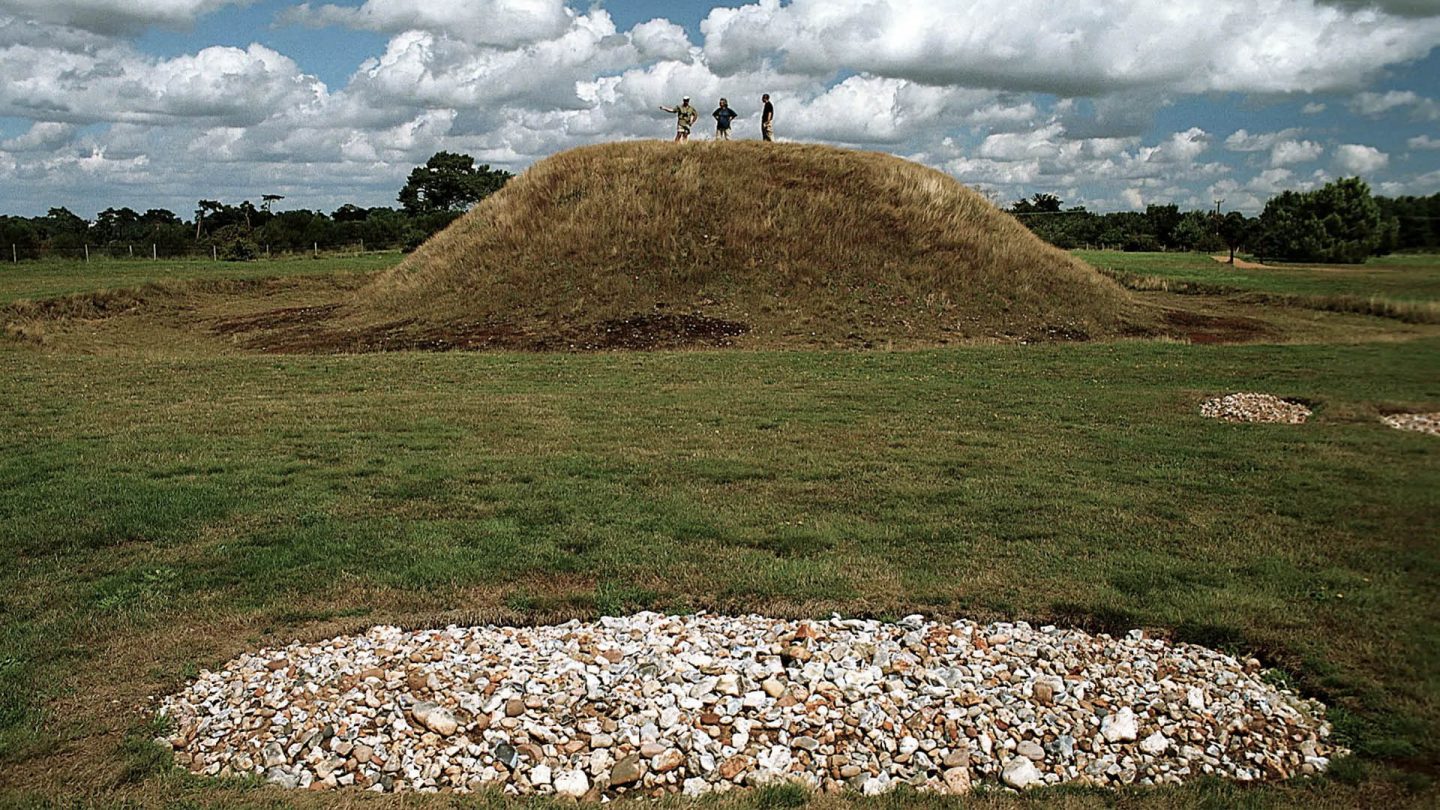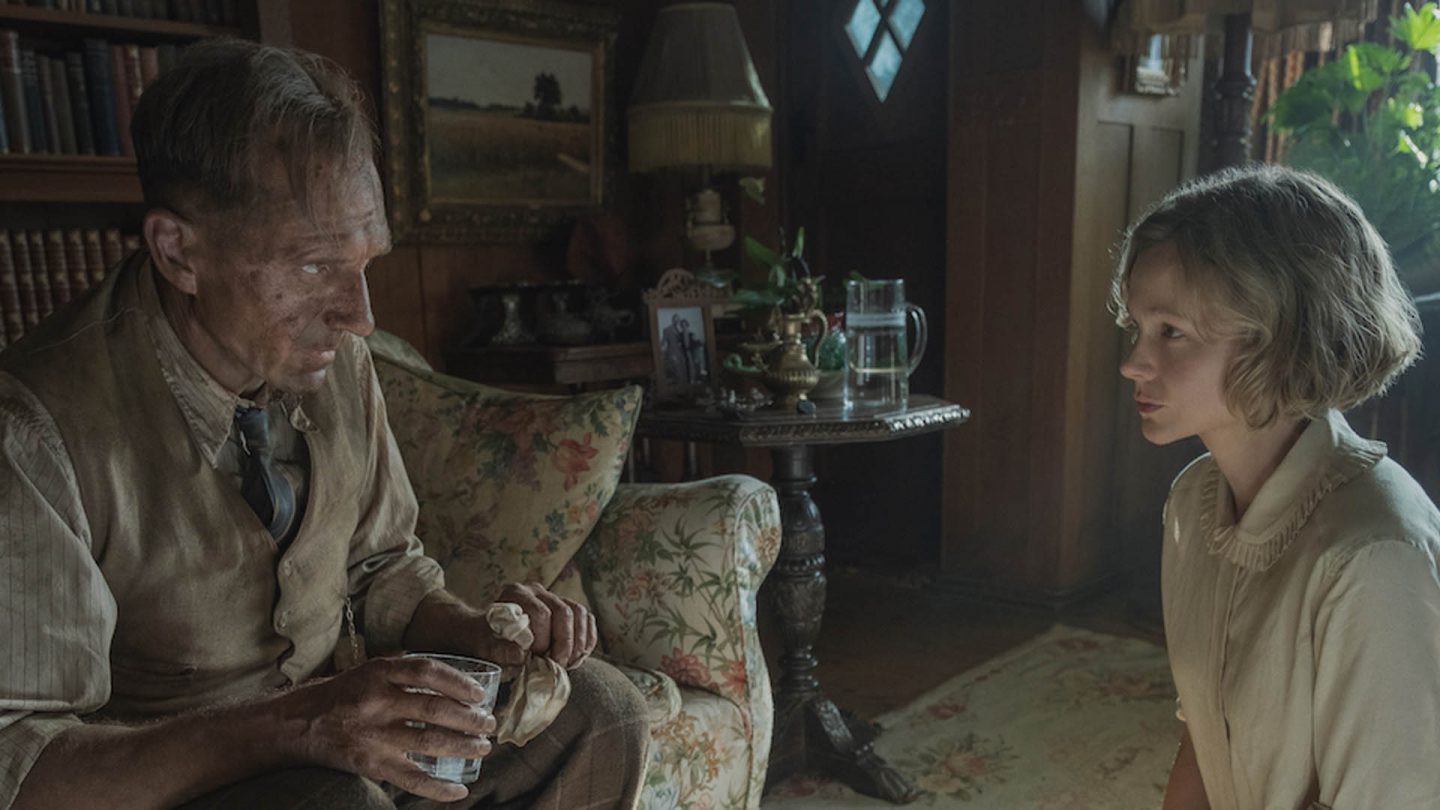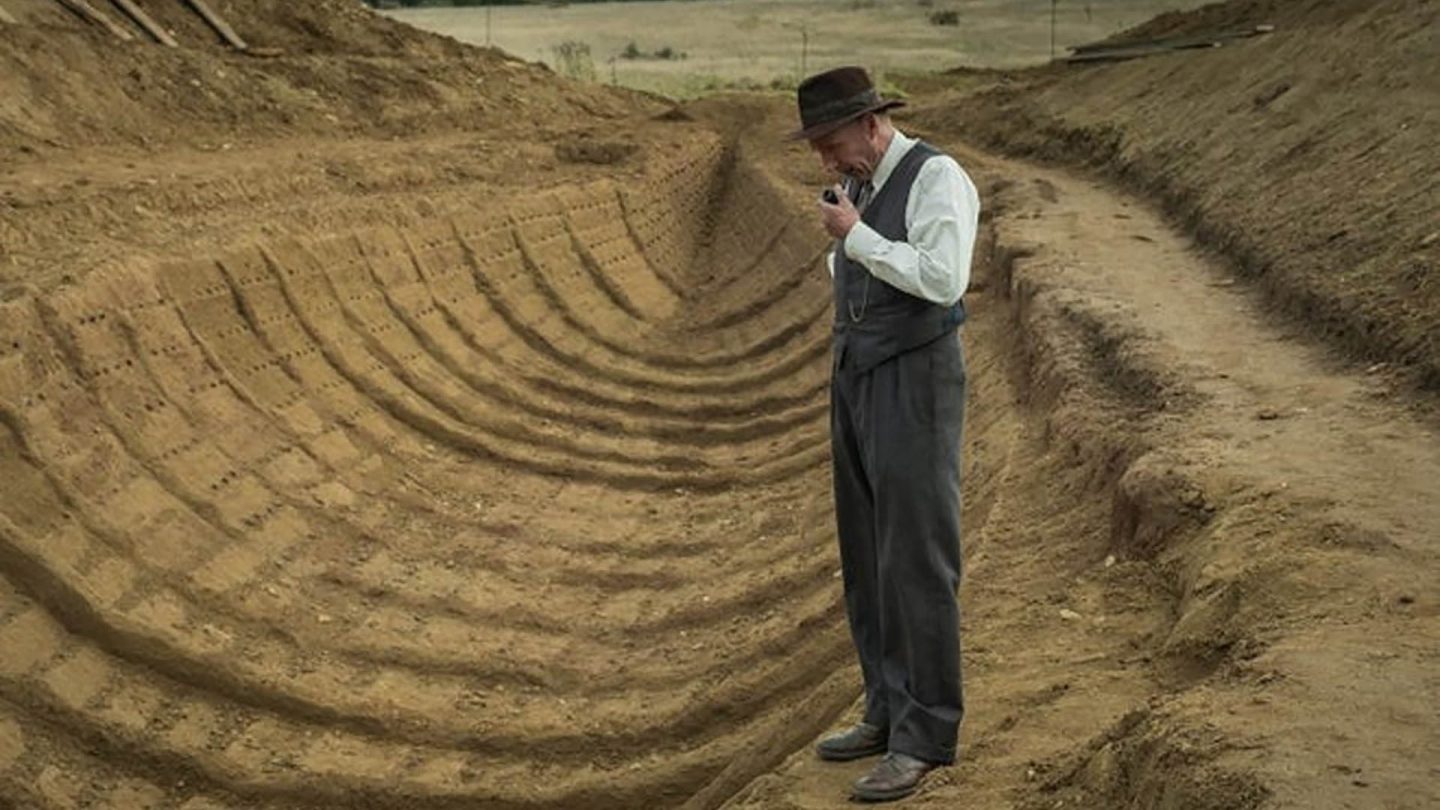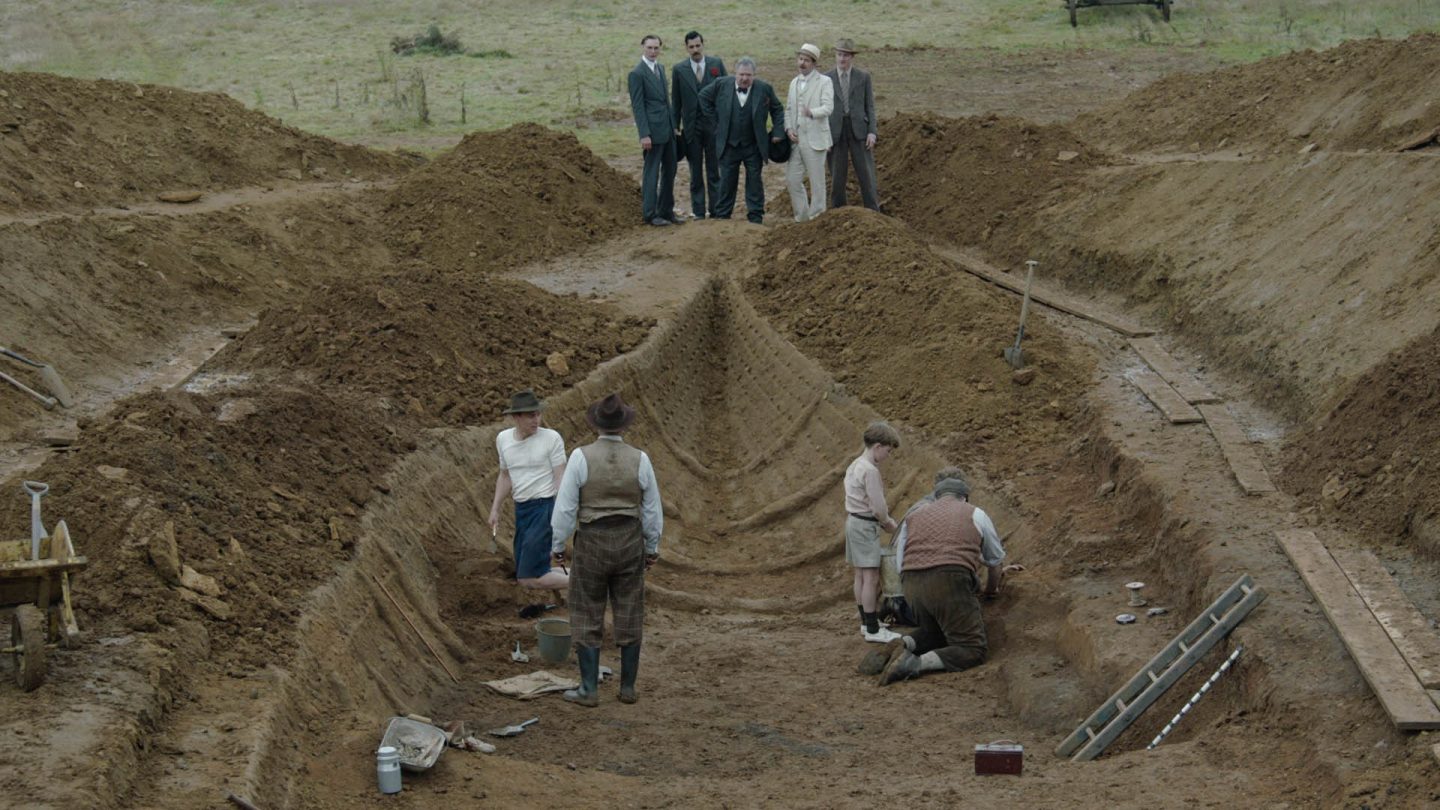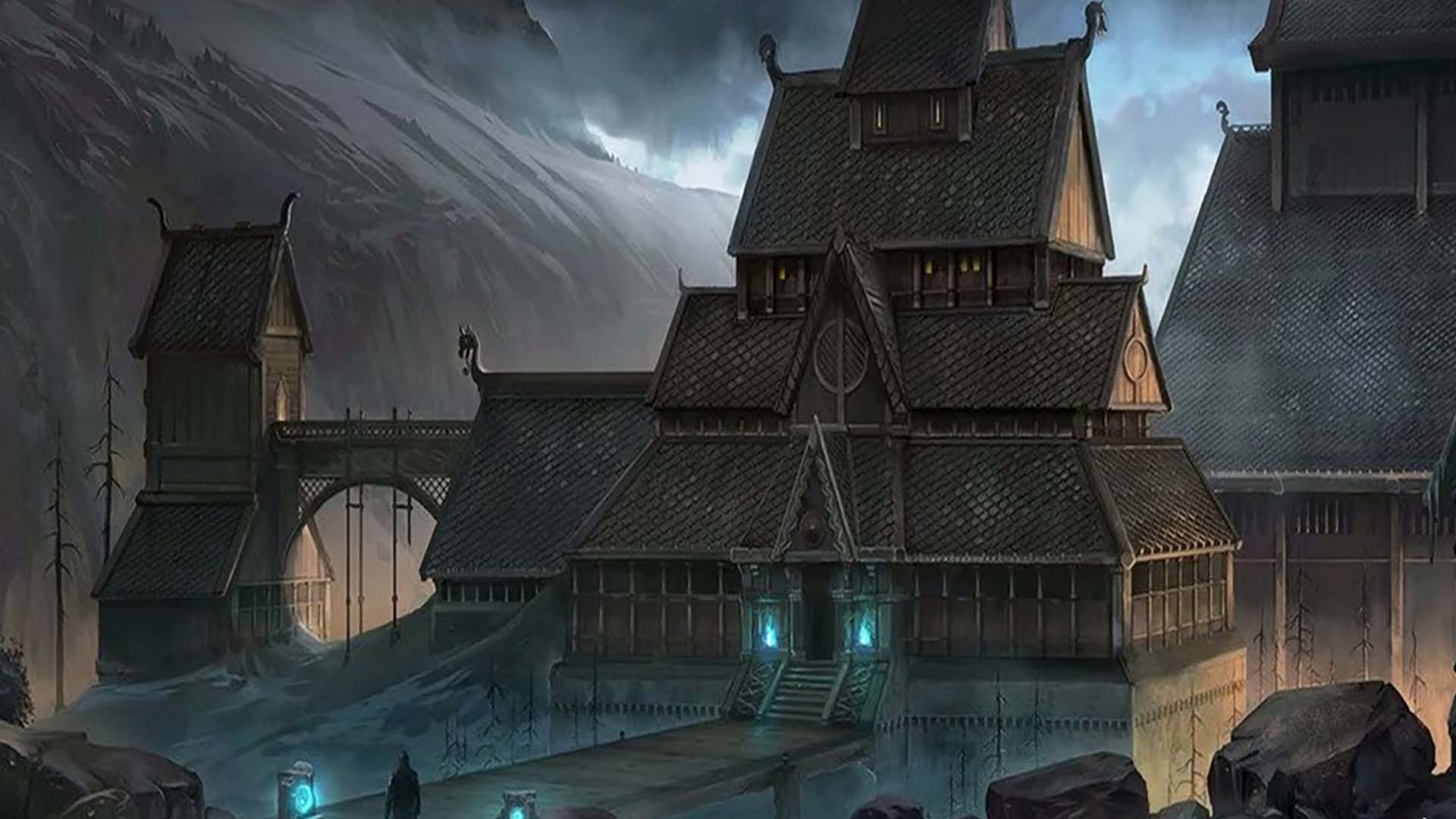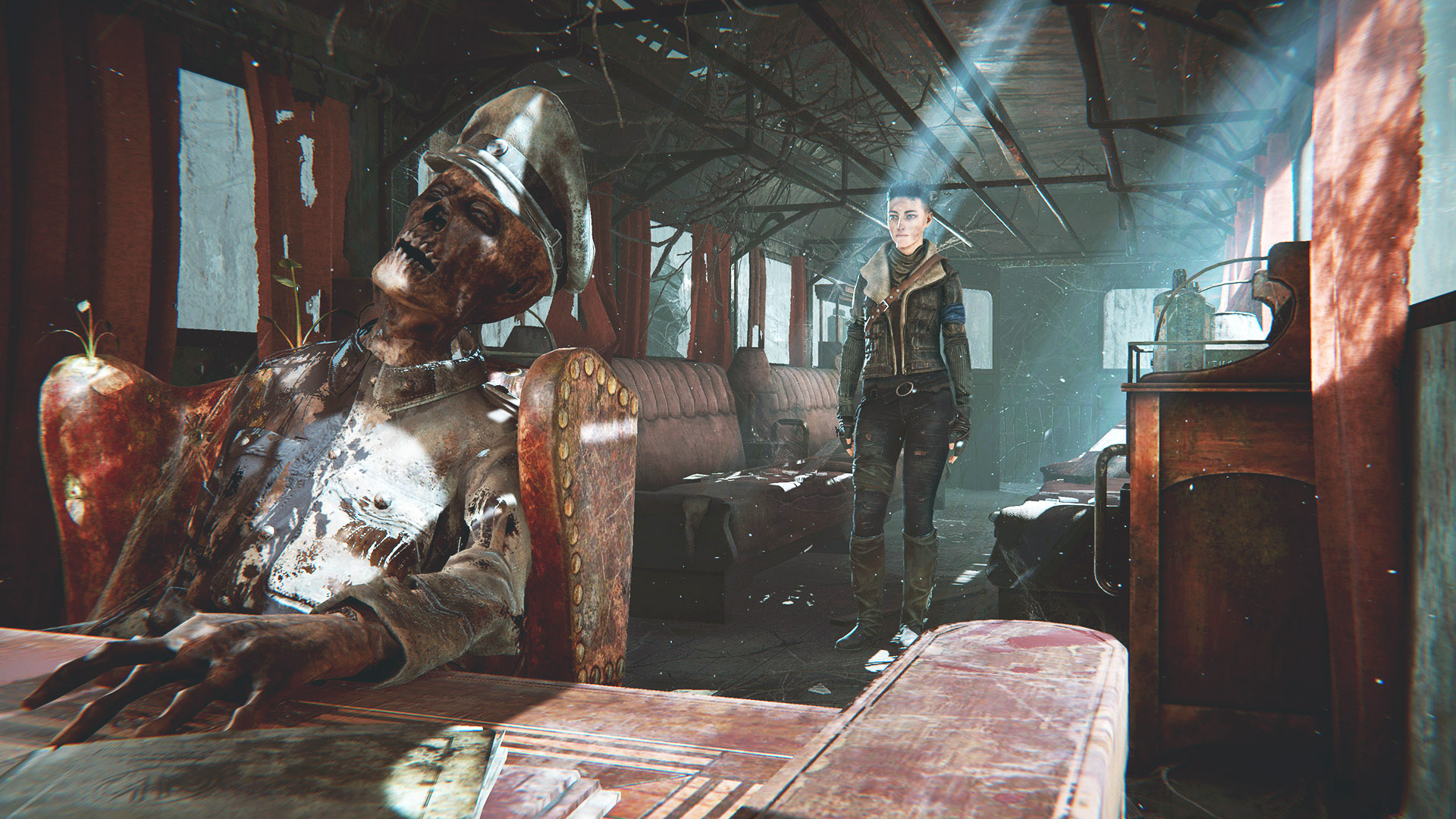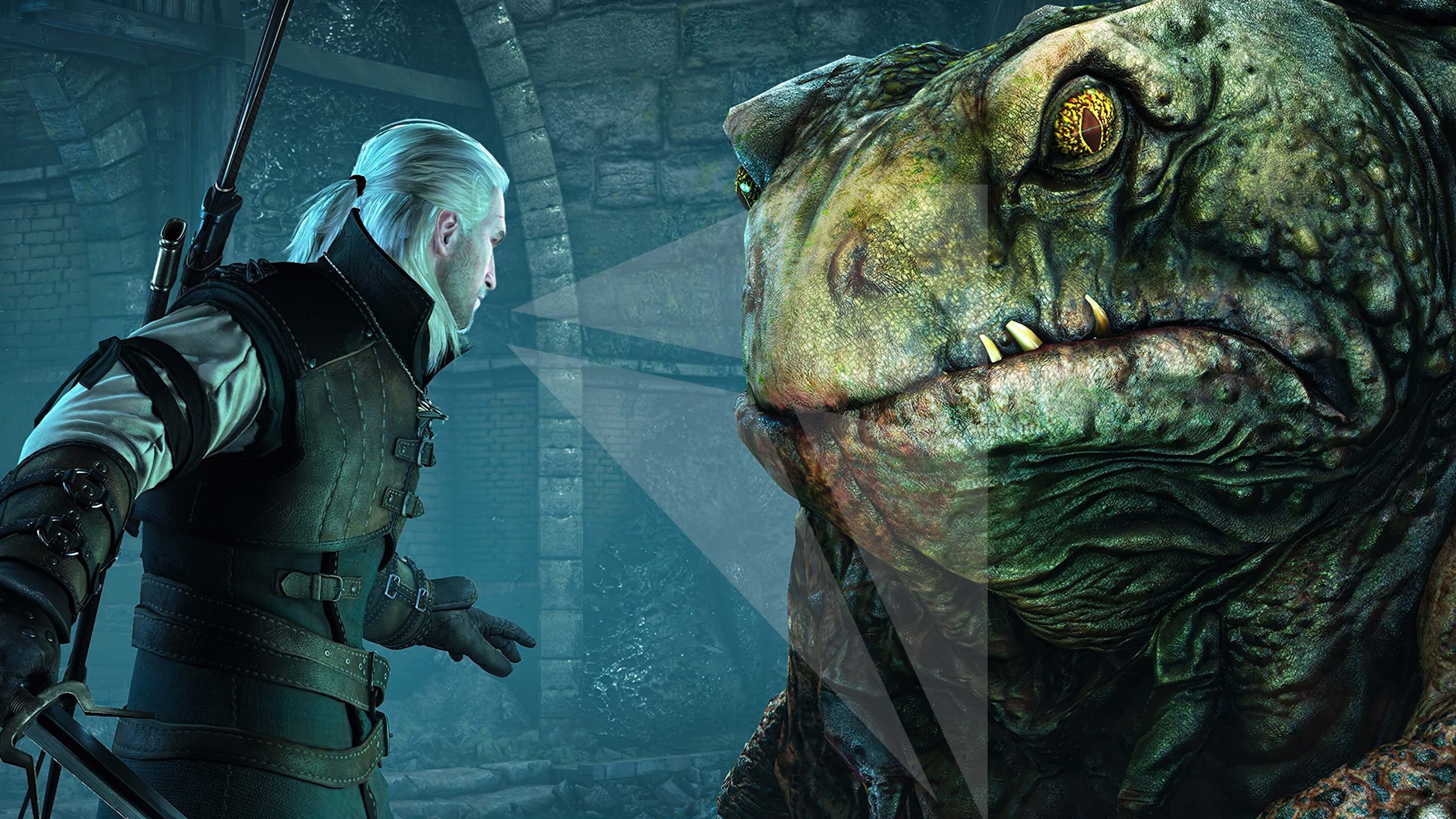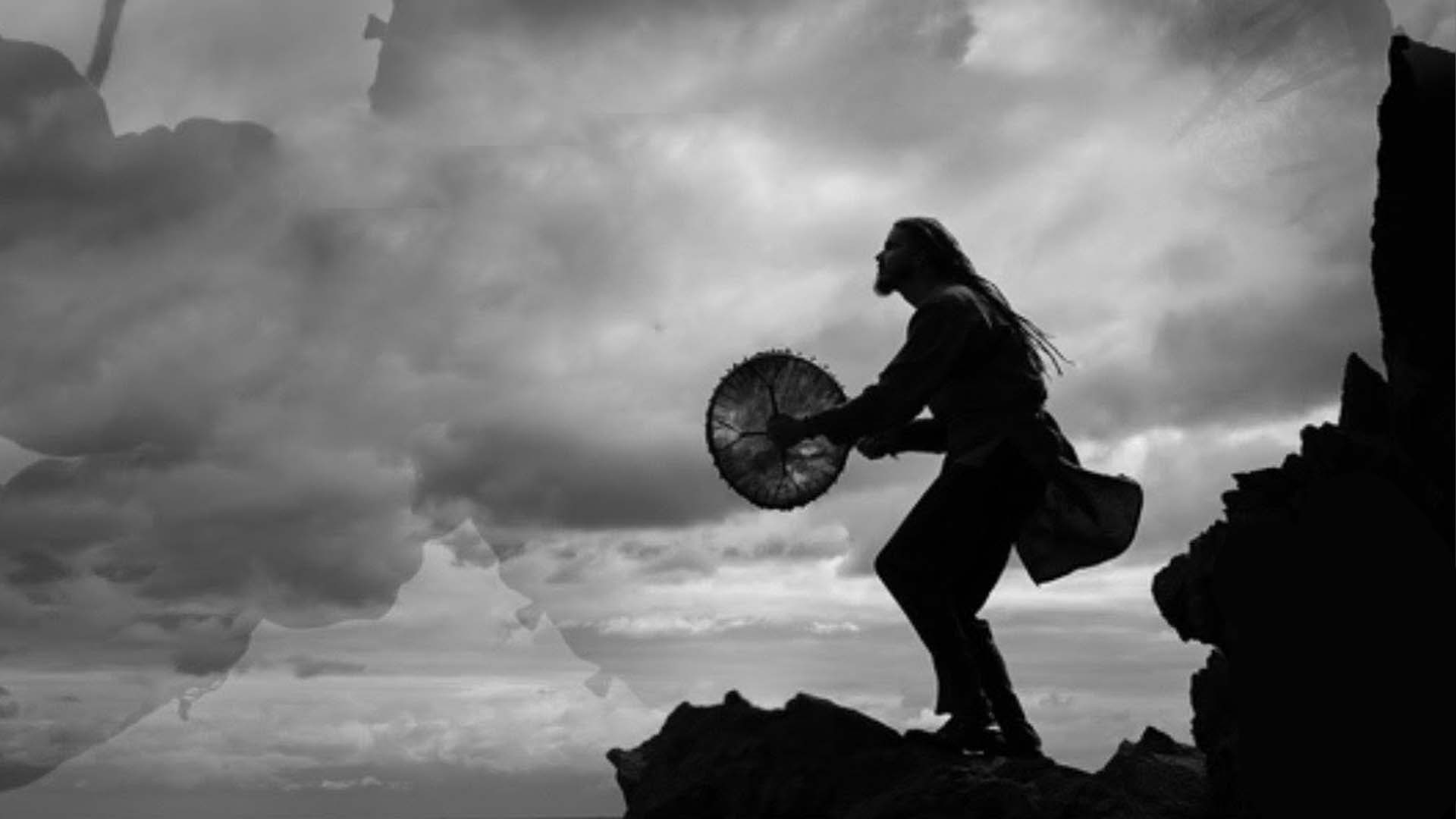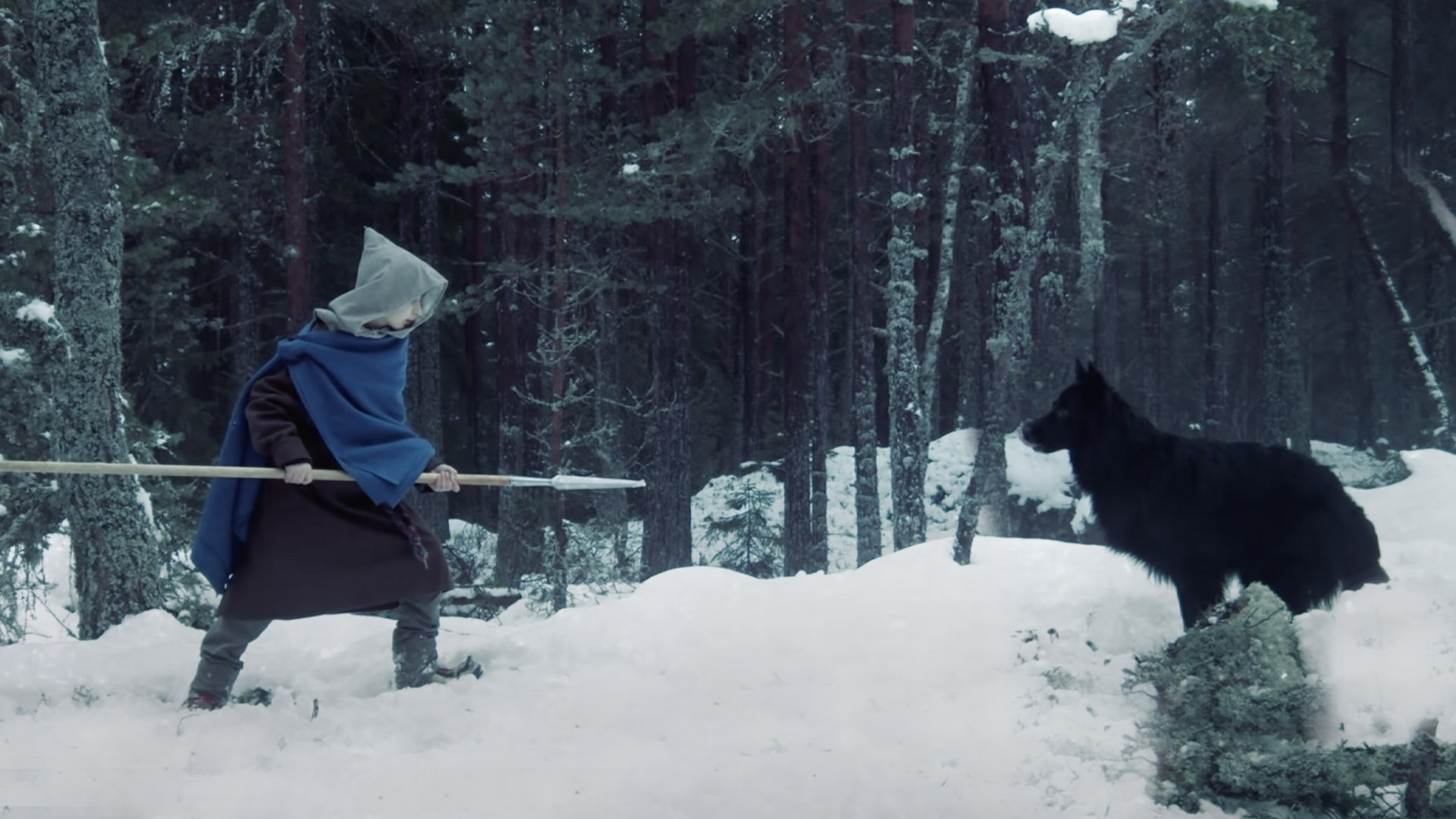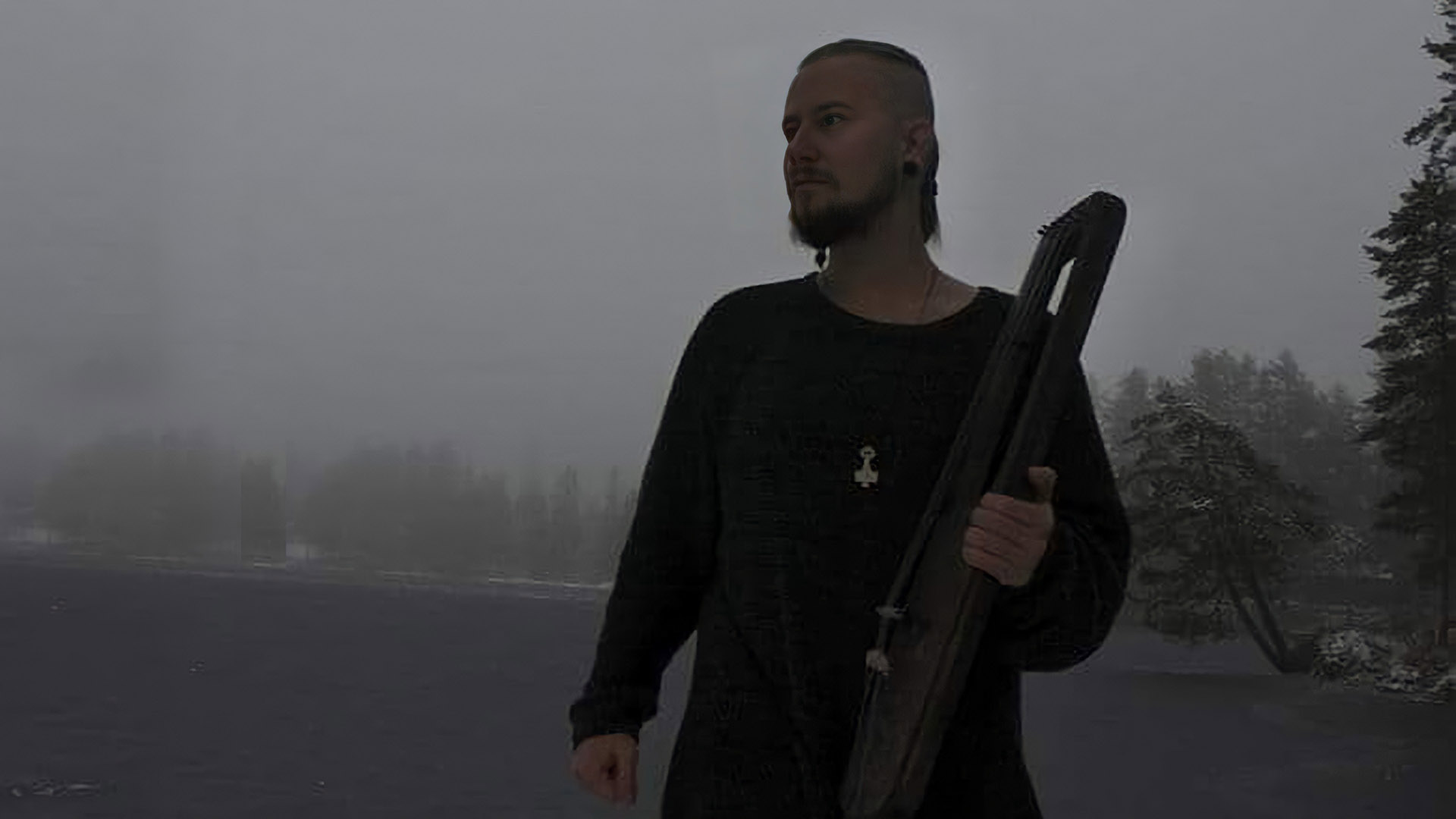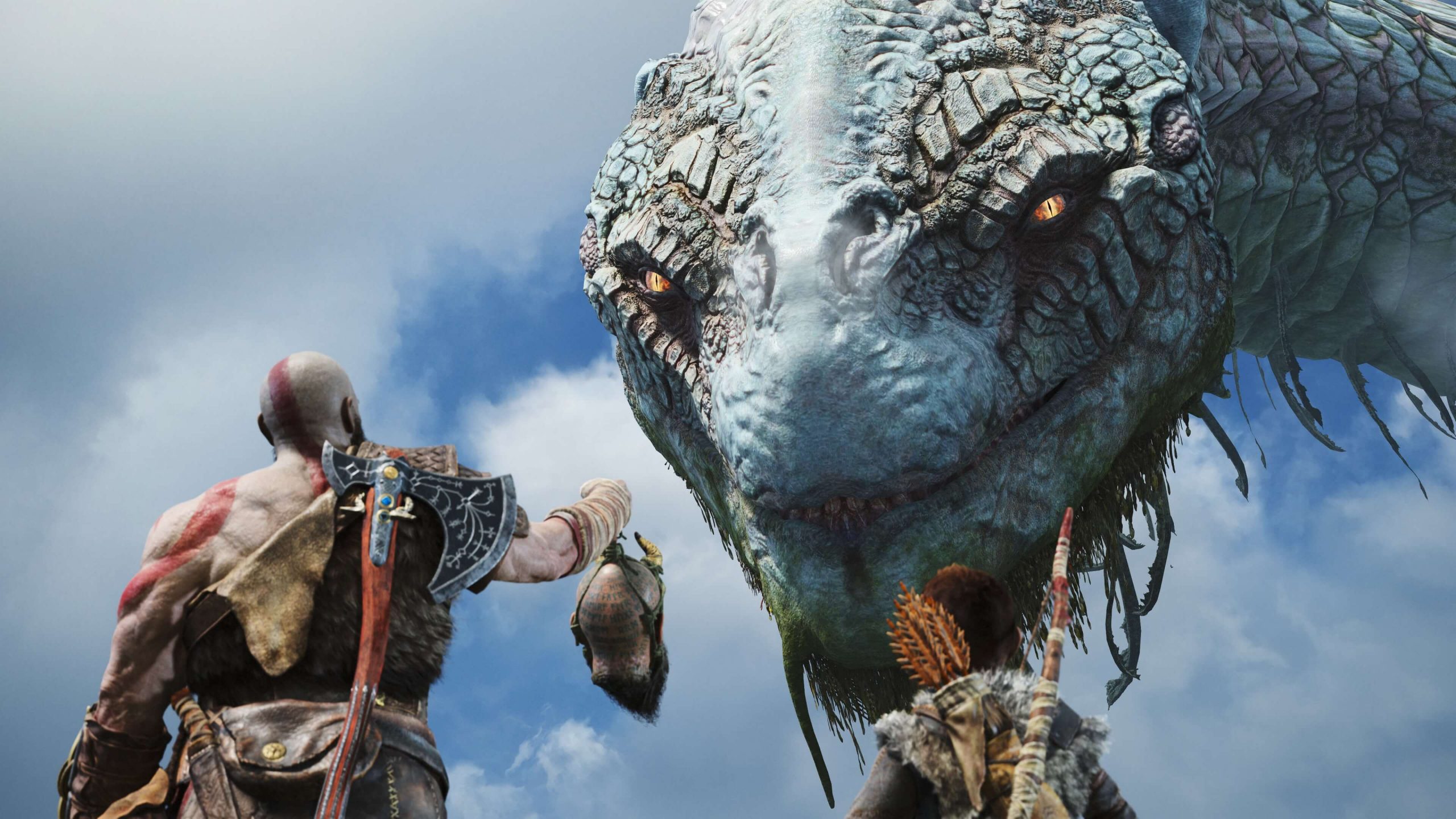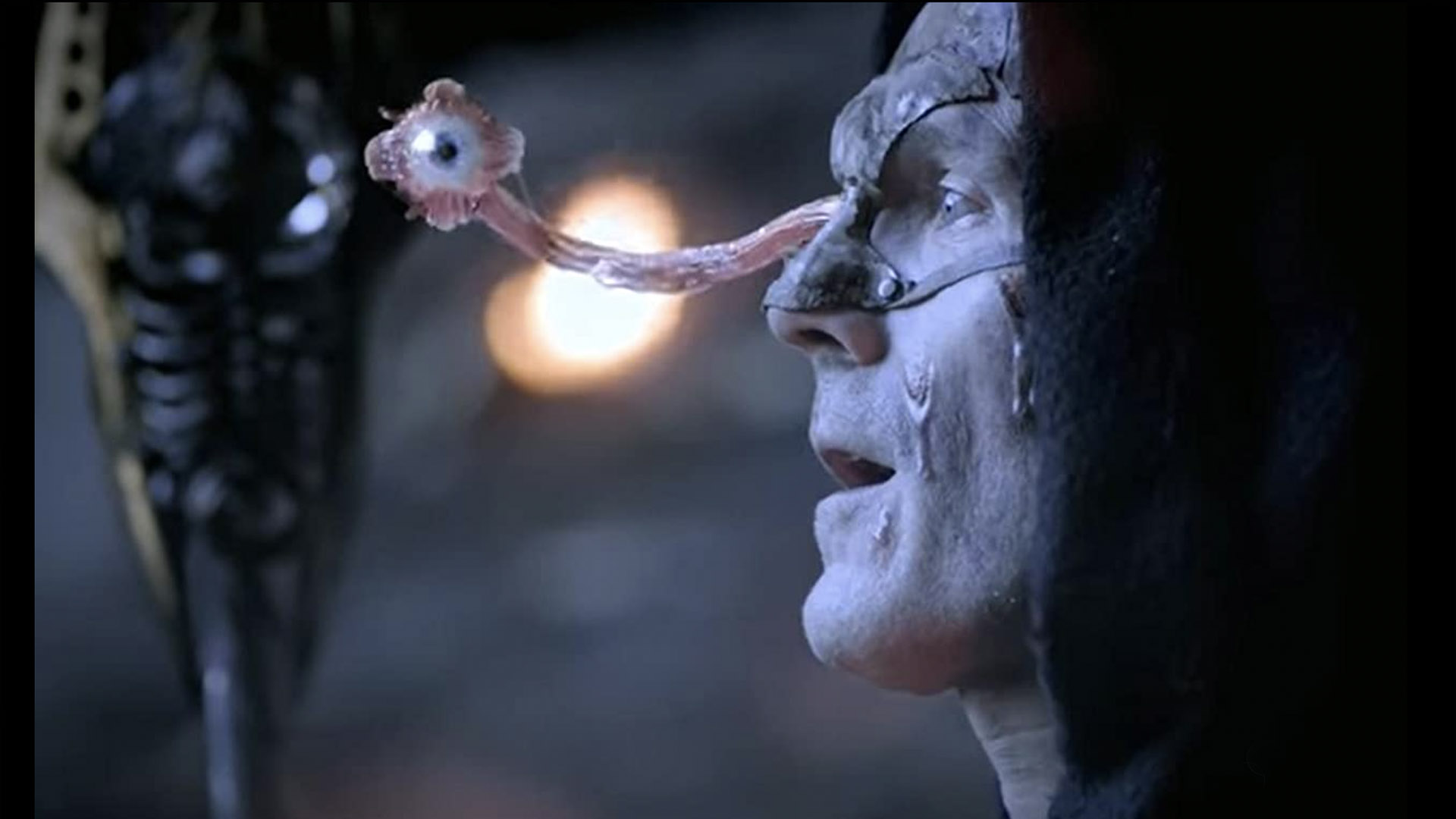March 5, 2021 — Based on true events and set against a backdrop of a troubled Britain preparing for World War 2, The Dig has all the makings of an Oscar-bait period drama before the first shovel even hits the dirt.
But, as with any unearthing, it is what lies beneath the surface that makes this film a truly remarkable watch. Focused almost entirely on its characters, The Dig resonates with a human warmth that transcends its historical events while providing a narrative vehicle to explore the impact of archaeological discoveries and what they can tell us about ourselves —and about society as a whole.
The characters at the heart of the story enable it to tackle a wide range of themes and topics. During which, the film tackles everything from class and educational snobbery to existentialism and interpersonal relationships. Following the core relationship between landowner Edith Pretty (Carey Mulligan) and self-taught archaeologist/excavator Basil Brown (Ralph Fiennes). The pair putting on a rebellious front against Britain’s more stuffy and antiquated museums and historical societies.
This ideological battle of wills serves as the main thrust of conflict throughout The Dig. Starting out, Pretty and Brown are dismissed out of hand as their interest in Sutton Hoo’s burial mounds is considered a lesser concern against the upcoming war and the discovery of a Roman villa. Still, as the pair’s work begins to yield ever-greater fruit, it soon becomes co-opted by the very establishment that ignored them in the first place.
The Dig underscores exactly why archaeological discoveries are so valuable and significant in the first place. A conversation between Brown and his wife May illustrates this perfectly. “You always told me your work isn’t about the past or even the present, that it’s for the future — so the next generations could know where they came from, the line that joins them to their forebears.”
By intertwining cinema and historical records, the film presents a nuanced view of its core characters. Subsequently, contributing to a much more important narrative. Displaying Brown’s fascination and passion for his work. Which ultimately prove to be the decisive factor in unearthing one of Britain’s greatest historical treasures sites. Despite his lack of formal schooling in archaeology. His motives shrewdly explored in his friendship with Robert Pretty (Archie Barns). As well as Edith’s endlessly imaginative son. Whose passion for the stars nearly mirrors Brown’s own interest in what lies beneath the earth.
Ralph Fiennes plays Brown as — quite literally — a salt-of-the-earth working man; the twinkle of passion in his words and actions provides the film’s heart. As he stoically chips away at his discoveries. During which Brown becomes more convinced — and later vindicated — that his discovery is not Viking in nature but Anglo-Saxon. Thereby pre-dating, or at least challenging the officially established start of the Viking Age by several hundred years (the Sutton Hoo ship design looks decidedly Scandinavian especially since the ship appears to have been sail-powered.)
Similarly, Carey Mulligan, who plays Edith Pretty, anchors the narrative with a performance that swings between powerful and tragic. Mulligan leaves it with a note of bittersweetness. As her illness drains both her determination and her vitality throughout the film. In effect, showing that despite her uncompromising instruction, that Basil Brown be credited with Sutton Hoo’s discovery. He remained unnamed until recently when he was finally added to the record (alongside Pretty’s own) at the British Museum.
The Dig’s relationships provide more than just drama within the film, but a sense of importance that underscores exactly why archaeological discoveries are so valued and significant to us in the first place. A conversation between Brown and his wife May (Monica Dolan) illustrates this perfectly as the pair discuss Brown’s intention to quit the dig now that the British Museum has taken over: “You always told me your work isn’t about the past or even the present, that it’s for the future — so the next generations could know where they came from, the line that joins them to their forebears.” In that single passage, we get not only Brown’s raison d’être but the implicit acknowledgment: The Dig intends to set the record straight about Basil Brown’s contribution to British archaeology, a little more than 50 years after his death.
Director Simon Stone perfectly balances The Dig’s narrative to avoid over-dramatization, often occurring in period dramas, particularly those set around either World War. Stone also lends a sense of hope and curiosity to its lens. Using the pre-war backdrop as a way of exploring society at a crucial turning point in human history. The film interestingly takes on an almost meta status by capturing the audience as another major global event unfolds. This approach provides a sense of comfort in the past. That unconsciously tells us everything will ultimately work out in the end. This meta reading also applies to the film’s main focus. By orienting the story around Brown and Petty and not discovering the East Anglian treasure per se, a sense unfolds that lets the audience examine a more overlooked side of history — much in the same way Brown did.
There is an undeniable satisfaction in seeing Stone hone in on the story’s more intimate aspects to present its narrative. In contrast to many other modern period films that over-embellish. Often taking a decidedly more poetic route to explore a given story. In the process, he creates something warm and comforting. Perfectly capturing the human interest that should fuel any passion for history. Recognizing the incredible importance of not just what artifacts we find from the past — but what it says about our development as a species.
Verdict
Deeply human and likable, The Dig thrives by recognizing the importance of interpersonal relationships over plot points to effectively convey its message. Stone draws on the conventions of period dramas while cutting away their artifice. Thus presenting a stunning new direction for the genre. In addition to unbendingly reminding the audience, there is a deep, long-forgotten past that joins us to our forebears.
Directed by Simon Stone, The Dig (2021) was written by Moira Buffini (Screenplay) and John Preston (Source Novel). The film stars Ralph Fiennes, Lily James, and Carey Mulligan.





